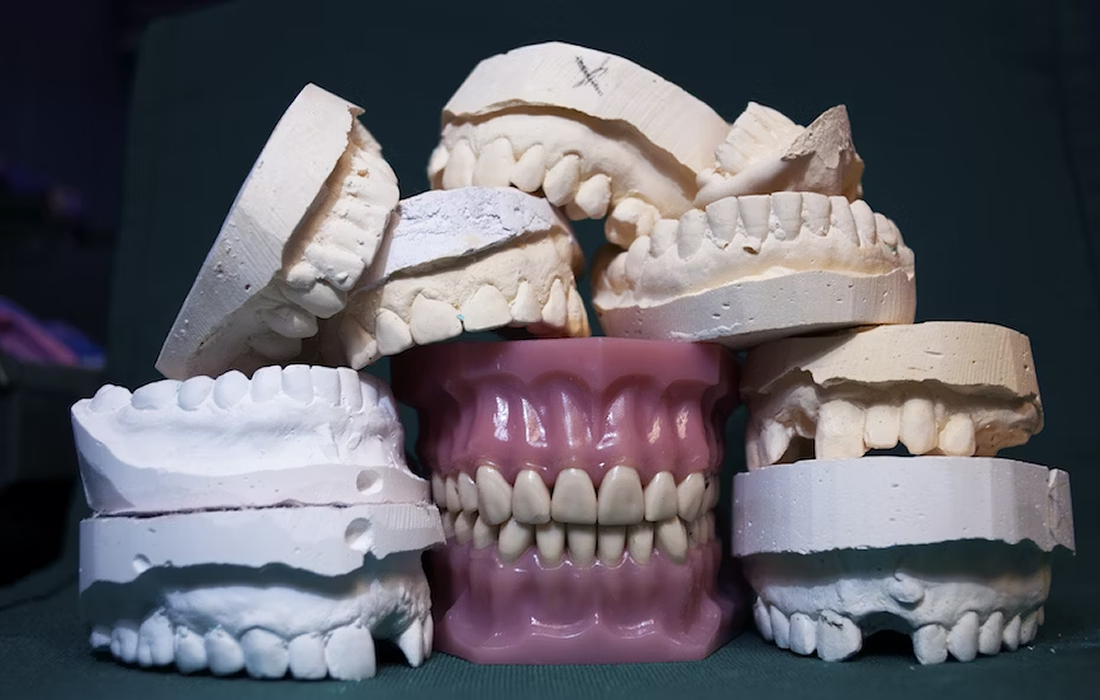Regenerative Medicine News and General Information
Taking Good Care of Your Teeth May Benefit Your Brain
Taking good care of your teeth may be linked to better brain health, according to a study published in the July 5, 2023, online issue of Neurology®, the medical journal of the American Academy of Neurology.
The study found that gum disease and tooth loss were linked to brain shrinkage in the hippocampus, which plays a role in memory and Alzheimer’s disease. The study does not prove that gum disease or tooth loss causes Alzheimer’s disease; it only shows an association.
The study involved 172 people with an average age of 67 who did not have memory problems at the beginning of the study.
Participants had dental exams and took memory tests at the beginning of the study. They also had brain scans to measure volume of the hippocampus at the beginning of the study and again four years later.
For each participant, researchers counted the number of teeth and checked for gum disease by looking at periodontal probing depth, a measurement of the gum tissue. Healthy readings are from one to three millimeters.
Mild gum disease involves probing depths of three or four millimeters in several areas, while severe gum disease involves probing depths of five or six millimeters in several areas as well as more bone loss and can cause teeth to become loose and eventually fall out.
Researchers found that the number of teeth and amount of gum disease was linked to changes in the left hippocampus of the brain.
For people with mild gum disease having fewer teeth was associated with a faster rate of brain shrinkage in the left hippocampus.
However, for people with severe gum disease having more teeth was associated with a faster rate of brain shrinkage in the same area of the brain.
After adjusting for age, researchers found that for people with mild gum disease, the increase in the rate of brain shrinkage due to one less tooth was equivalent to nearly one year of brain aging. Conversely, for people with severe gum disease the increase in brain shrinkage due to one more tooth was equivalent to 1.3 years of brain aging.
“These results highlight the importance of preserving the health of the teeth and not just retaining the teeth,” Yamaguchi said. “The findings suggest that retaining teeth with severe gum disease is associated with brain atrophy. Controlling the progression of gum disease through regular dental visits is crucial, and teeth with severe gum disease may need to be extracted and replaced with appropriate prosthetic devices.”
Sources:
Satoshi Yamaguchi, Takahisa Murakami, Michihiro Satoh, Takamasa Komiyama, Takashi Ohi, Yoshitada Miyoshi, Kosei Endo, Takako Hiratsuka, Azusa Hara, Yukako Tatsumi, Tomoko Totsune, Kei Asayama, Masahiro Kikuya, Kyoko Nomura, Atsushi Hozawa, Hirohito Metoki, Yutaka Imai, Makoto Watanabe, Takayoshi Ohkubo, Yoshinori Hattori. Associations of Dental Health With the Progression of Hippocampal Atrophy in Community-Dwelling Individuals: The Ohasama Study. Neurology, 2023; DOI: 10.1212/WNL.0000000000207579
American Academy of Neurology. (2023, July 5). Taking good care of your teeth may be good for your brain: Poor dental health linked to decline in brain volume. ScienceDaily. Retrieved July 5, 2023 from www.sciencedaily.com/releases/2023/07/230705171101.htm
Image from: https://unsplash.com/photos/neH5wVK8mLo

